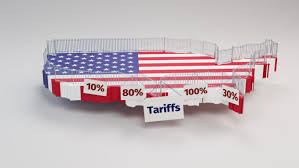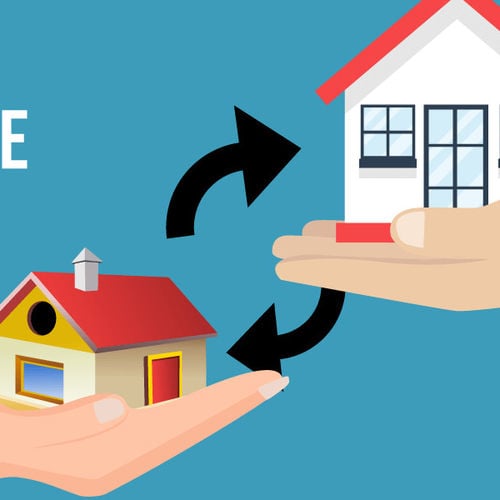In today’s market, every headline about trade or tariffs sends ripples through the economy. Tariffs are more than just a policy headline — they’re a powerful economic force that can influence everything from consumer prices to mortgage rates and overall housing affordability.
As talk of new tariffs heats up, many buyers are wondering: Will this affect my mortgage rate? Should I wait to buy?
Let’s break down what’s happening and what it means for your clients’ buying power right now.
💰 1. An Increase in Tariffs Can Push Prices — and Rates — Higher
Tariffs are essentially taxes on imported goods. When companies face higher costs on imports, those costs are often passed on to consumers, thus making everything from building materials to household goods more expensive.
When tariffs cause prices to rise across the economy, inflation increases. If tariffs push inflation higher, the Federal Reserve may delay cutting rates in order to cool things down.
As a result, mortgage rates could remain elevated or even rise slightly, making home loans more expensive for buyers waiting on the sidelines.
📉 2. Waiting Could Cost You More
To wait or not to wait, that is the question. Many buyers are holding off, hoping for lower rates later this year. But if tariffs push inflation higher, the anticipated rate cuts could be delayed or smaller than expected.
Even a small increase in mortgage rates — for example, from 6.75% to 7.25% — can make a big difference in your clients’ monthly payments and total buying power.
👉 Example: On a $400,000 loan, that half-point increase adds roughly $130–$150 per month to a mortgage payment.
That’s why buyers who are financially ready may want to act now rather than risk higher borrowing costs later!
For realtors, this moment is about education and empowerment. Guiding your clients through the “why” behind rate changes helps them make confident decisions instead of waiting on uncertain market conditions. Encourage buyers to focus on their current buying power, not the perfect rate — because the perfect home at the right time can often outweigh small shifts in interest rates.
🏗️ 3. Construction and Home Prices
If tariffs include materials like steel, aluminum, and lumber, new home construction costs could climb. Builders may raise prices or delay projects — tightening housing supply further.
For buyers, that means fewer options and less negotiating room down the line. Locking in a home now could help avoid price increases later.
🏦 4. What Realtors Should Share with Clients
Position yourself as a trusted advisor and market expert by translating economic trends into clear, actionable insights. When clients feel informed and supported, they see you not just as their agent, but as their long-term real estate partner. As a realtor, your role is to help your clients see the full financial picture — not just today’s mortgage rate. Here’s what to emphasize:
- Buying power matters more than the headline rate. Focus on what clients can comfortably afford now, not what rates might do later.
- Refinancing is always an option. Buyers can act now and refinance if rates drop in the future.
- Inventory remains limited. Purchasing a home now could mean locking in value before construction costs and demand rise again.
- Partner with lenders. Work closely with mortgage pros who can help clients understand monthly payments, rate-lock options, and closing strategies.
🌟 The Bottom Line? Be Well-Informed to Confidently Guide Your Clients Through These Uncertain Times
Tariffs are more than a trade issue — they’re an economic factor that can shape mortgage rates and housing affordability. While no one can predict exactly how mortgage rates will move, being informed and proactive is the smartest strategy.
Today’s rates could actually represent a window of opportunity for well-prepared buyers before potential increases sets in. Helping clients understand that now can position you as both a trusted advisor and a market expert.


